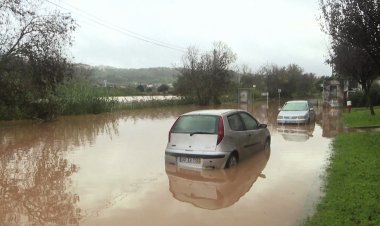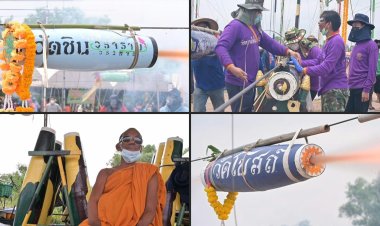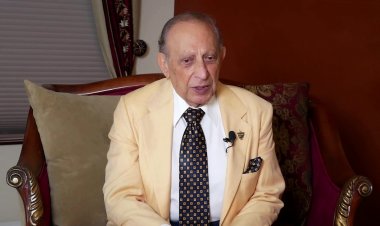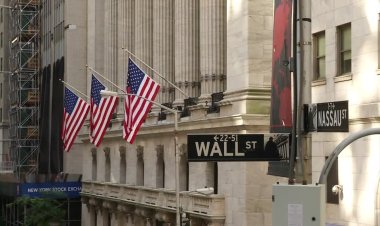Senegal Votes: Turning Point Election
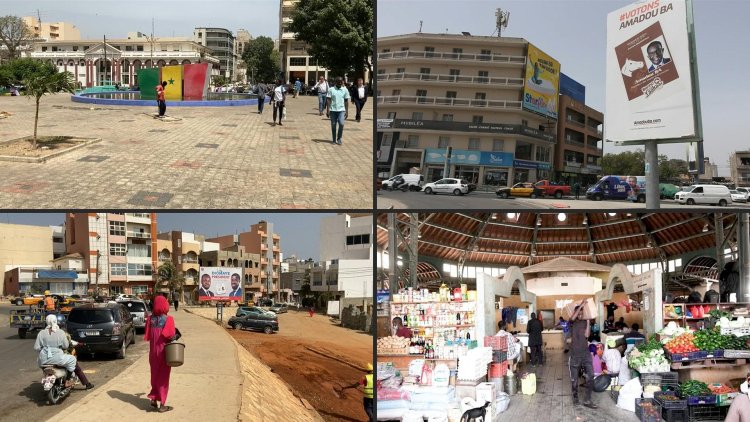
Senegal on Sunday goes to the polls in a presidential election that aims to draw a line under the worst political crisis in the country in decades.
Outgoing president Macky Sall's last-minute decision to defer the vote in February sparked clashes that left four dead in a country traditionally seen as a beacon of stability in West Africa.
Senegal is one of the few African countries not to have suffered a coup since winning its independence on April 4, 1960.
The country has elected four presidents by universal suffrage since 1963 and experienced two peaceful transitions of power, in 2000 and 2012.
But in the past three years the country's stable image, which it has used to promote itself as a prime sun holiday destination for Europeans, has taken a beating.
Dozens of people died in a bitter standoff between the state and opposition firebrand Ousmane Sonko.
Sall's decision to postpone the presidential poll caused another deadly flare-up.
The Constitutional Council overturned the postponement, in a move hailed as proof of the strength of Senegal's democratic institutions.
Senegal's recently discovered reserves of oil and gas, estimated at more than one billion barrels and 900 billion cubic meters respectively, have raised hopes of future riches and industrialisation.
The International Monetary Fund had predicted 8.8-percent economic growth for 2024 because of the start of oil and gas production -- more than double the estimated 2023 figure.
But the specter of the "oil curse" looms large, with Nigeria and Angola providing cautionary tales of what can follow a rush of petrodollars: corruption and instability.
Eighteen men and one woman are in the running on Sunday to become Senegal's fifth president and replace Macky Sall, who has held the top job since 2012.
Sall is not seeking a third term, making this the first time the West African nation will head to the polls without an incumbent standing.






